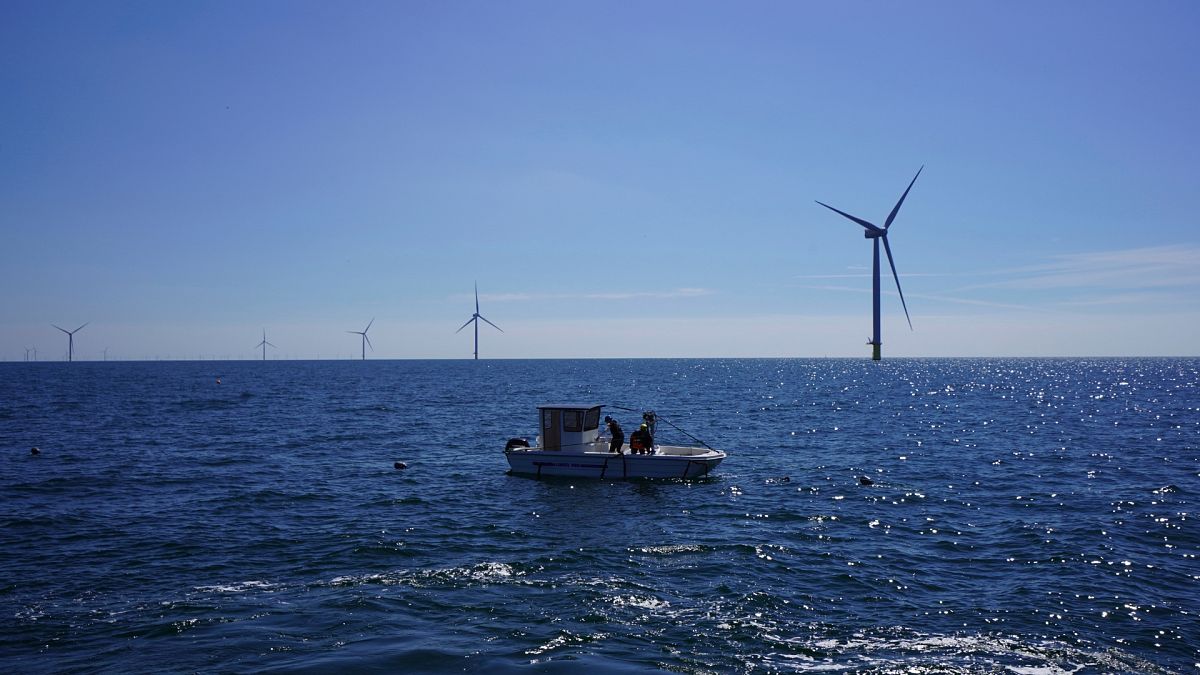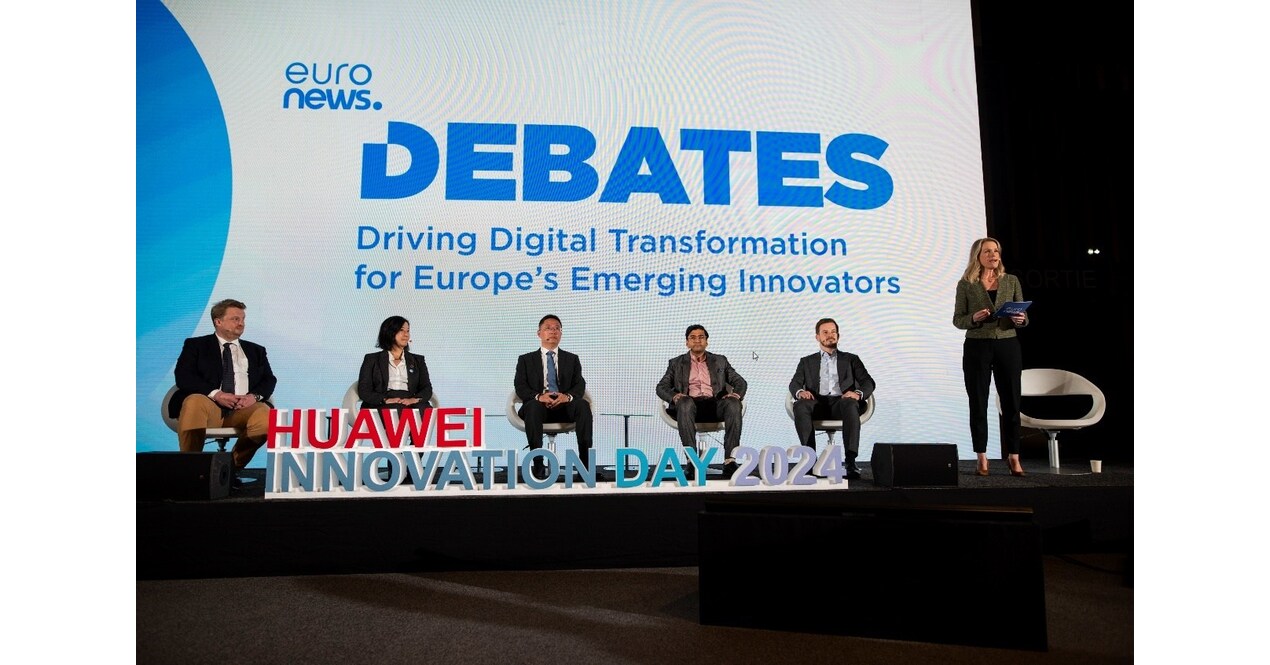EU’s Global Gateway is not a silver bullet

Firstly, the Global Gateway must recognize the changing reality that extreme poverty and climate vulnerability are growing in fragile and conflict-affected states. The amount of global funding available for Least Developed Countries is diminishing, and multilateral finance is often failing to reach those most in need. This is why it is important to improve access to finance in these settings, and the IRC recommends pioneering the use of “humanitarian debt swaps” in order to abate the flow of funds out of the poorest countries in debt payments and reroute this finance toward humanitarian needs.
Second, there isn’t just a “finance gap” — there’s also a “delivery gap.” Fragile contexts don’t offer the easy option of a government-centric partnership because, by definition, their governments are challenged at best, and at worst, they’re simply not present. Von der Leyen’s call for the creation of an “integrated approach to fragility” is an important recognition of this reality.
The EU has already demonstrated it can deliver both humanitarian and development aid in the most complex settings if it broadens its range of partners. And in contexts where the EU can’t work with governments, it should deepen collaboration with civil society organizations. These groups — women- and refugee-led organizations in particular — are often best placed to identify groups with specific needs, conduct negotiations to overcome barriers to access and ensure aid can reach those who need it most. Our EU-funded work with a number of civil society organizations in the Central African Republic to economically empower women and reduce their exposure to gender-based violence is a great example of this.
Such people-centric partnerships aren’t just stopgap measures to keep people alive in emergencies. They can also lay the groundwork for longer-term systems strengthening. An effective fragility strategy could better support this important work through the creation of a new EU Resilience Fund, jointly funded by the Commission’s departments for humanitarian aid (ECHO) and international partnerships (INTPA), leveraging the former’s expertise in delivering in fragile contexts and the latter’s strengths in catalyzing long-term sustainable development outcomes.
Lastly, the IRC has identified 17 particularly climate-vulnerable and conflict-affected countries — including Afghanistan, Yemen, Syria and Sudan — which account for just 10.5 percent of the total global population but make up a staggering 71.1 percent of those in humanitarian need. The EU needs to approach these contexts with the recognition that when conflict and climate change intersect, development is set back. So, the answer needs to address climate adaptation as a strategy for livelihoods.
However, in 2022, only about 6 percent of the EU’s adaptation financing for developing countries was committed to fragile and conflict states — a number that clearly falls far short of climate finance needs and should be tripled. The bloc should also double the proportion of Official Development Assistance disbursed to the world’s most fragile countries to 50 percent, and follow Germany’s example in scaling up the proportion of its budget spent on anticipatory climate action from 2 percent to 5 percent.
On the cusp of their new mandate, von der Leyen’s new Commissioners have the chance to forge a new approach to fragile states that actually works, while spearheading a global shift toward better supporting the world’s most complex and vulnerable regions. This isn’t only a moral imperative, it’s a crucial step if the EU is to save lives and strengthen communities amid new global threats, retain its position as a heavyweight on the world stage and raise the bar for the broader international community.
Related
Sensational European comeback? Cristiano Ronaldo could reunite with ex-coach but…
Cristiano Ronaldo‘s career continues to defy age and expectations, and rumors now suggest he may be contemplating a stunning return to European soccer. Specul
Remote ‘European-owned island’ 1,500 miles from Africa is ‘loneliest on…
Bouvet Island, a desolate islet in the South Atlantic Ocean, holds the title of the most isolated island in the world. Located approximately 1,600 miles north
Old World, New Power: The Unexpected Ways Europe’s Entertainment Business…
Judging by the shocked faces on the European buyers and sellers attending the recent American Film Market in Las Vegas, the U.S. election didn’t end the way
New ranking puts Denmark on top for climate performance
Authors of the ranking say the EU’s performance shows the effect of the Green Deal but more still needs to be done to cut the bloc’s fair share of











